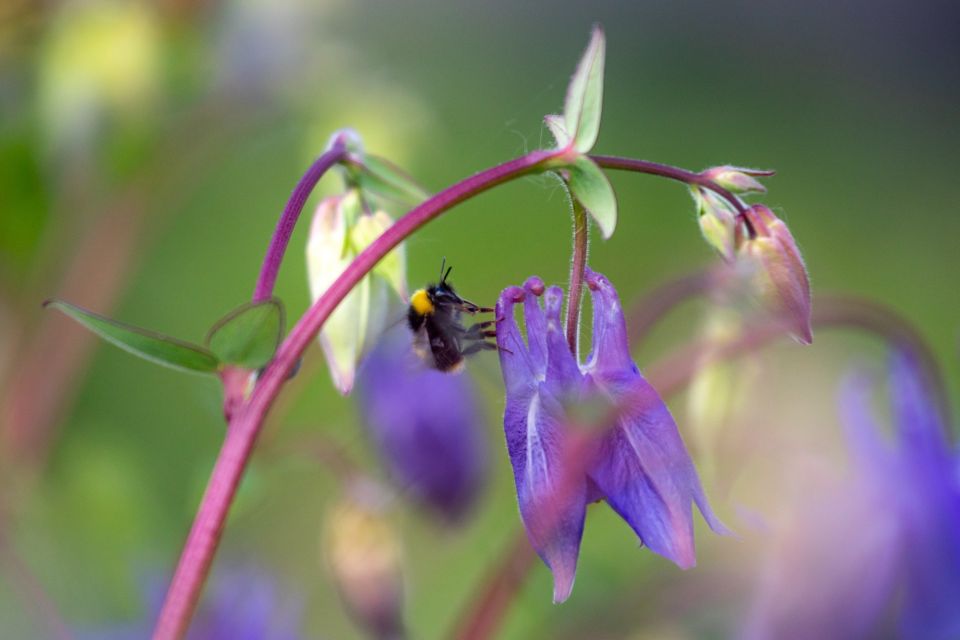Top Tips For Organic Growing

Our delivery partner Garden Organic have shared with us their exclusive tips to help gardeners better understand what it takes to become an organic grower.
Organic growing is much more than simply ‘growing without chemicals’. It is important to understand that organic growing emphasises looking after the whole growing environment rather than just the individual plants. The soil is a vital component of this environment. It also recognises the importance of understanding natural processes so that your growing practices can work with them rather than trying to fight them.
The below ‘Five Principles of Organic Gardening’ aim to help organic growers make informed choices on issues that they face on a daily basis. This will range from soil health to encouraging biodiversity in your growing patch and forms of pest control are acceptable to use in the organic garden.
The five principles of organic gardening:
Build and maintain soil health
Organic growing recognises that a healthy soil is vital for providing a continuous supply of healthy food crops. Making and using compost and growing green manures will do much to boost the health of your soil.
Encourage biodiversity
Different life forms such as plants, insects, birds and mammals all have a role in creating a resilient growing system. Encourage biodiversity by providing a range of habitats and food sources such as a pond and wild flower areas.
Use resources responsibly
The organic grower uses resources sustainably especially with regard to water consumption and use of materials for structures and containers. Avoid non-renewable resources such as peat based Compost.
Avoid using harmful chemicals
Toxic chemicals used to kill weeds, diseases and pests can damage the health of your growing area, and all the life-forms within and beyond it. Consider cultural ways of preventing pest and disease outbreaks, such as choice of pest resistant varieties or use of barriers, like mulches and netting, rather than attempting to eradicate pests and weeds with chemicals.
Maintain a healthy growing area
Keeping your growing area in good health, rather than just pest and disease free, is at the heart of organic growing. A diverse and vigorous growing system, good hygiene, and close observation all contribute to producing healthy crops.
In addition to these 5 key principles, we also have 3 simple steps to kick start your organic adventure.
3 Organic Growing Steps:
Plan your plot
Organic growing is about good planning. A well-managed site should grow plants that suit the local environment and soil. Rotate your crops so that plants of different families are grown in a different place each year, preventing the build-up of pests and diseases.
Reuse your green waste
Building a compost heap is the ideal way to turn your kitchen and garden waste into a valuable product to benefit the soil and future food crops. If you are growing in a limited space, consider a small wormery that could be kept indoors.
Get to know your friends
It is important to be able to differentiate between the creatures that benefit our food crops and those that are trying to eat them. Many have vital roles in pollination and there is a whole host of creatures that help keep populations of pests under control.
Keen to learn more?
Join one of Garden Organics self-guided courses, webinars or masterclass to support you with your growing journey
Garden Organic is the national charity for organic growing. They provide a range of programmes to enhance individuals, communities and the environment through organic growing.
We have have been working together for the last 3 years to help deliver school engagement on our Edible Playground projects in the Midlands and Nottingham.
Donate to Trees for Cities and together we can help cities grow into greener, cleaner and healthier places for people to live and work worldwide.
Donate